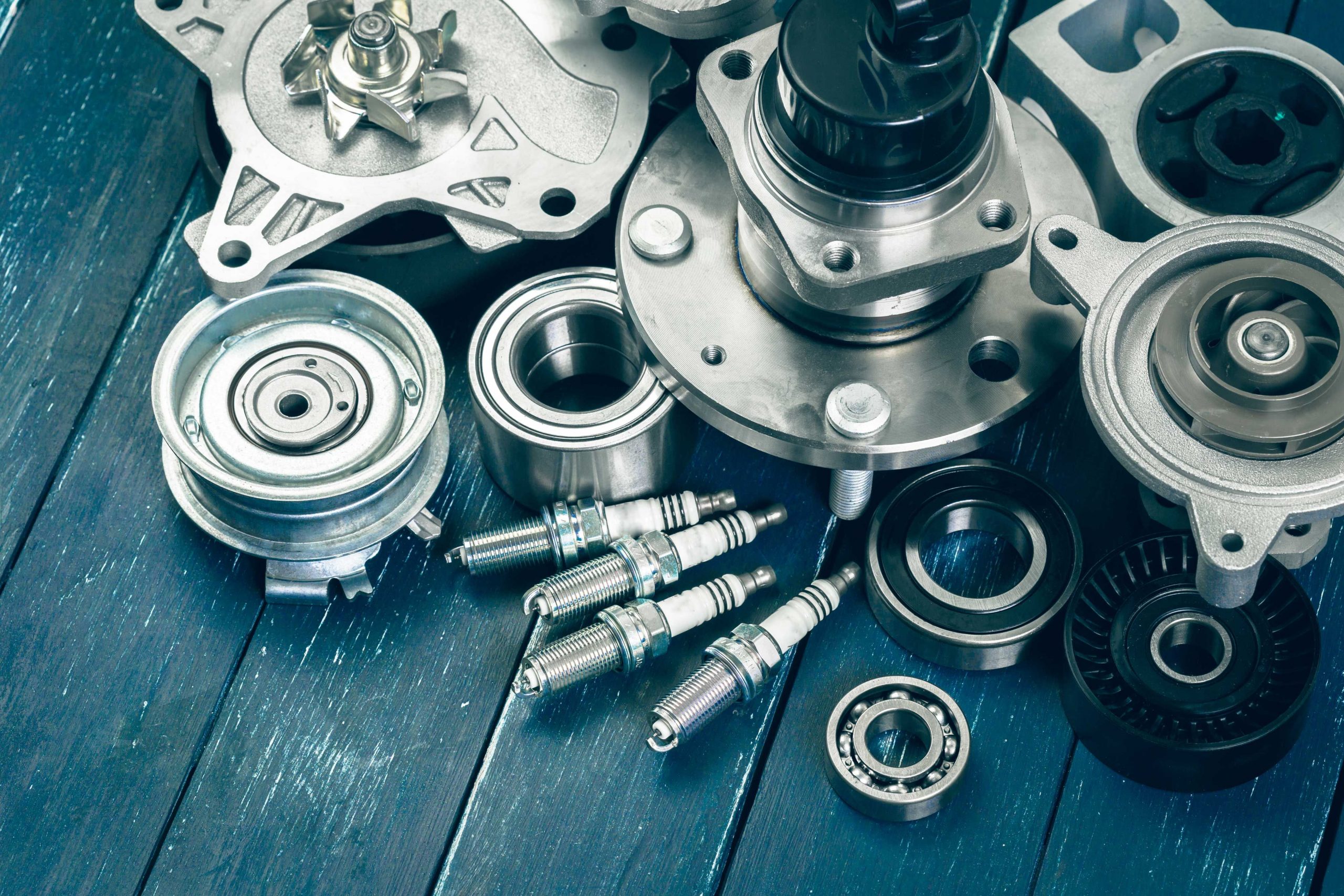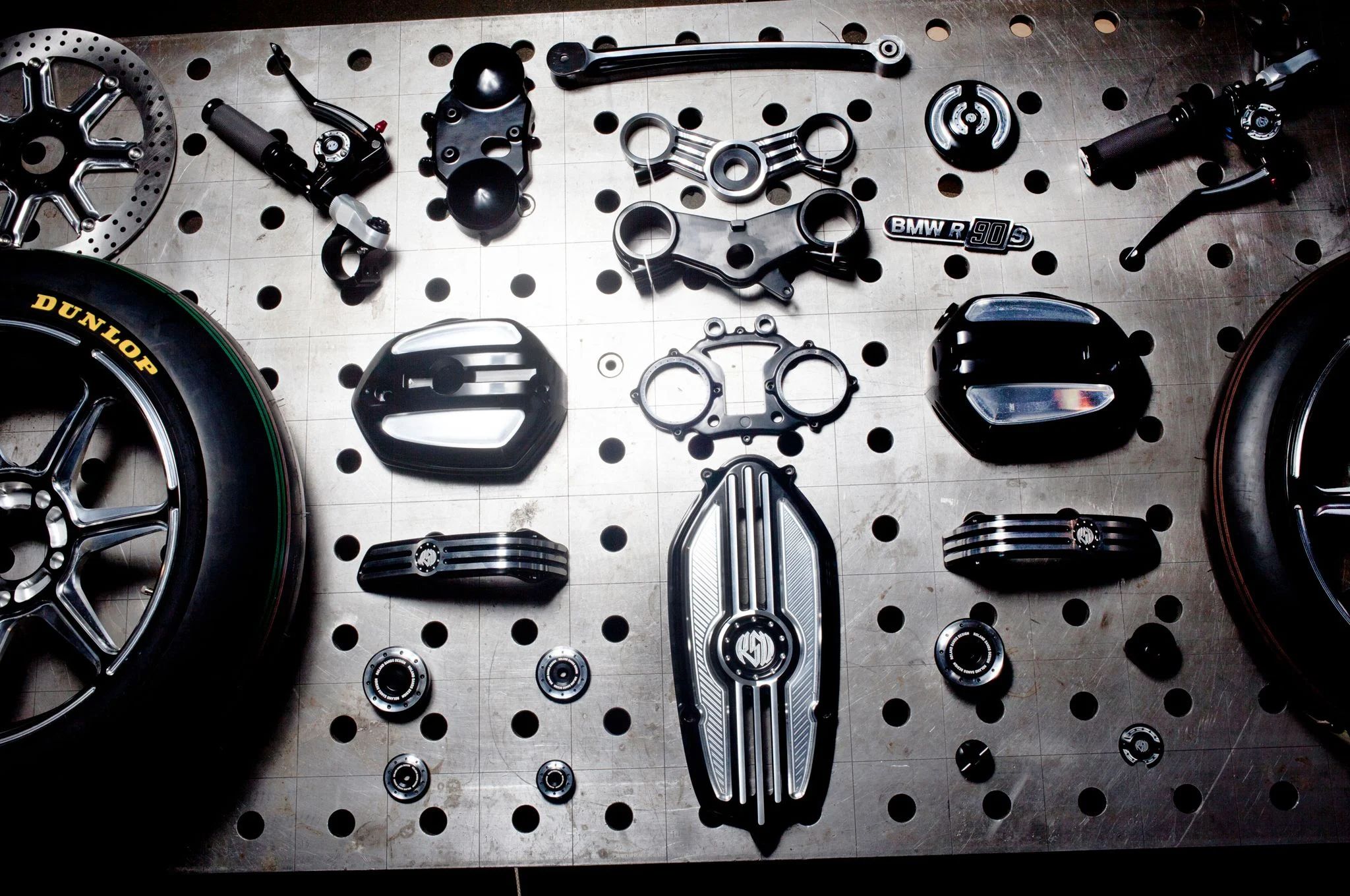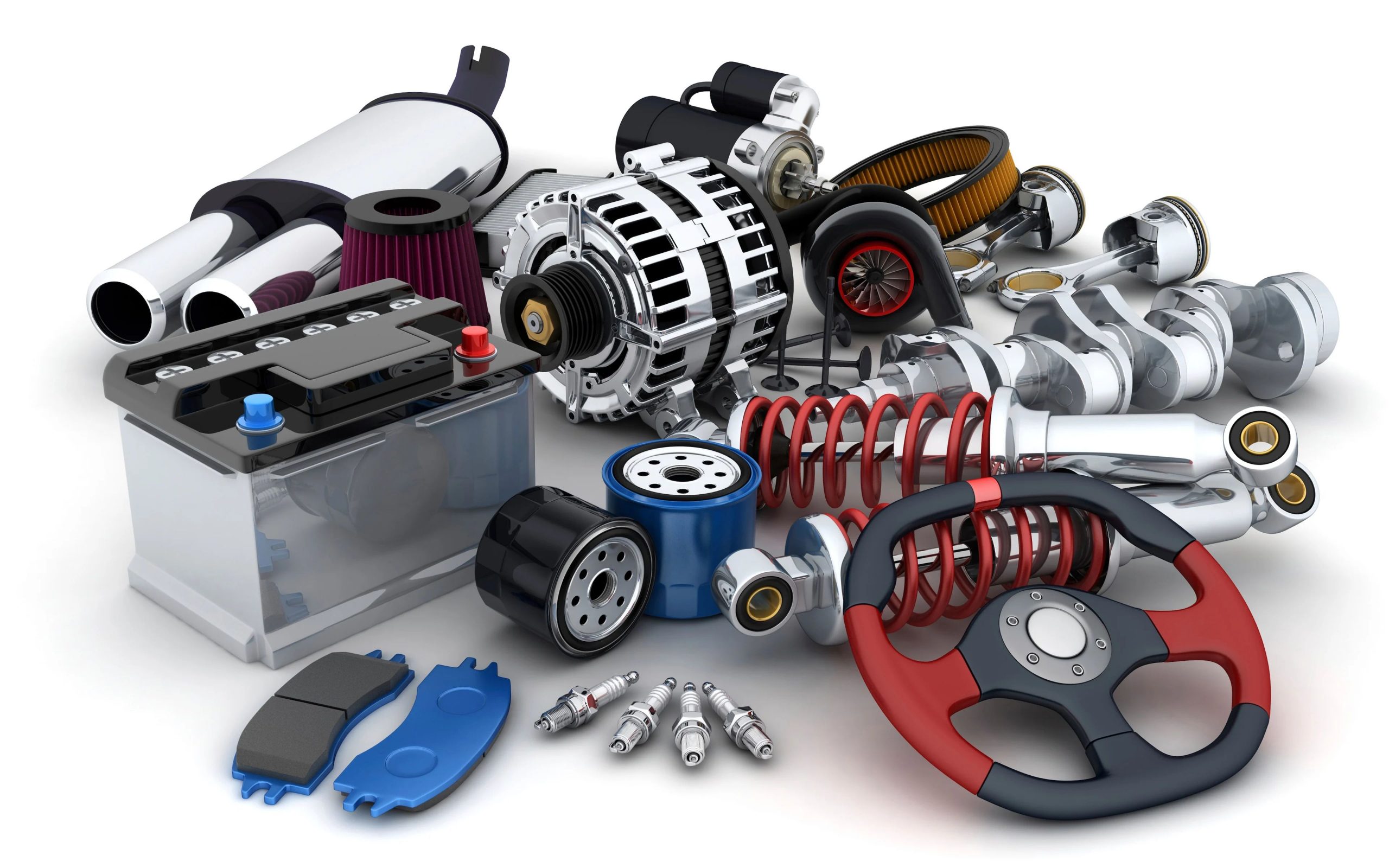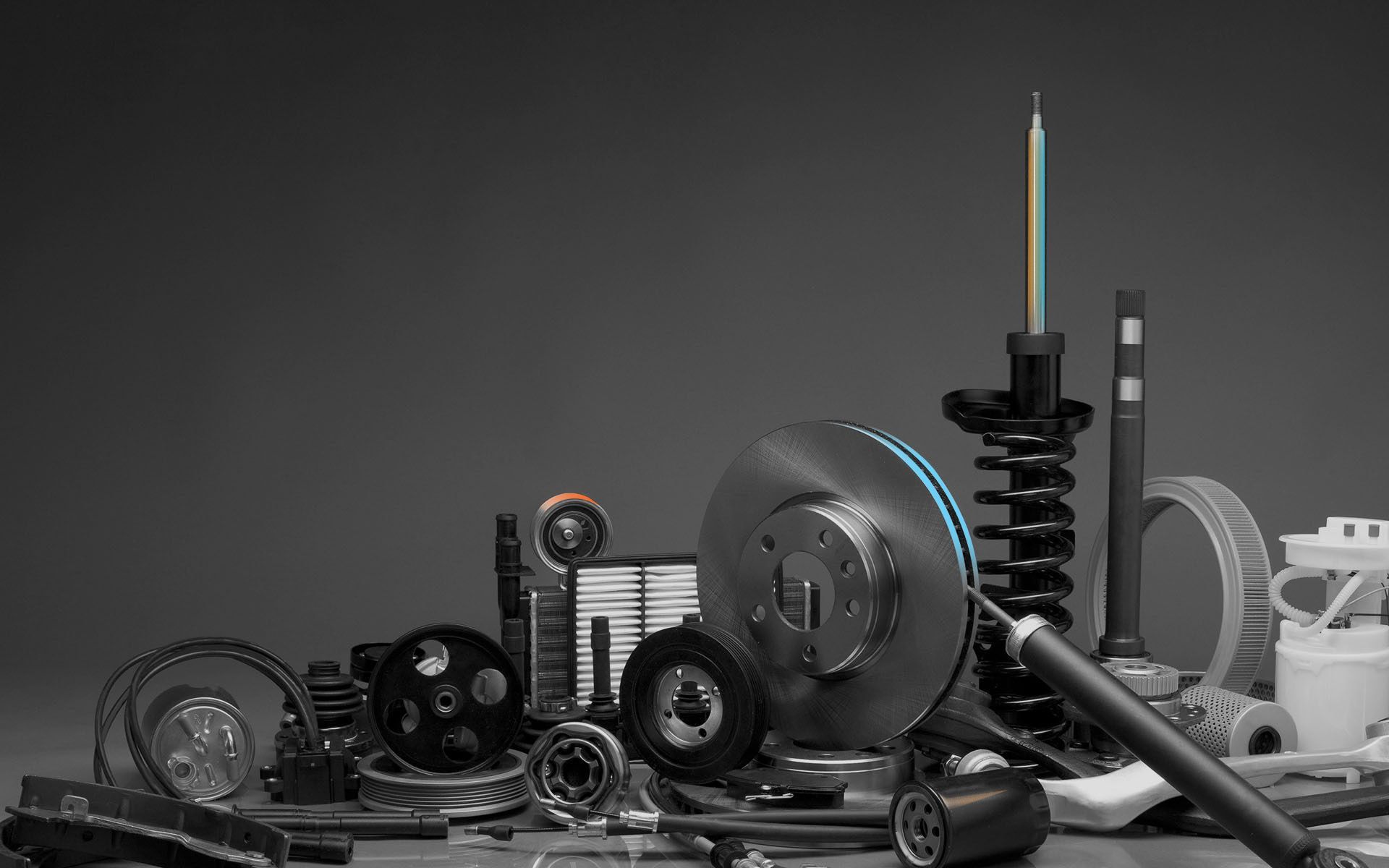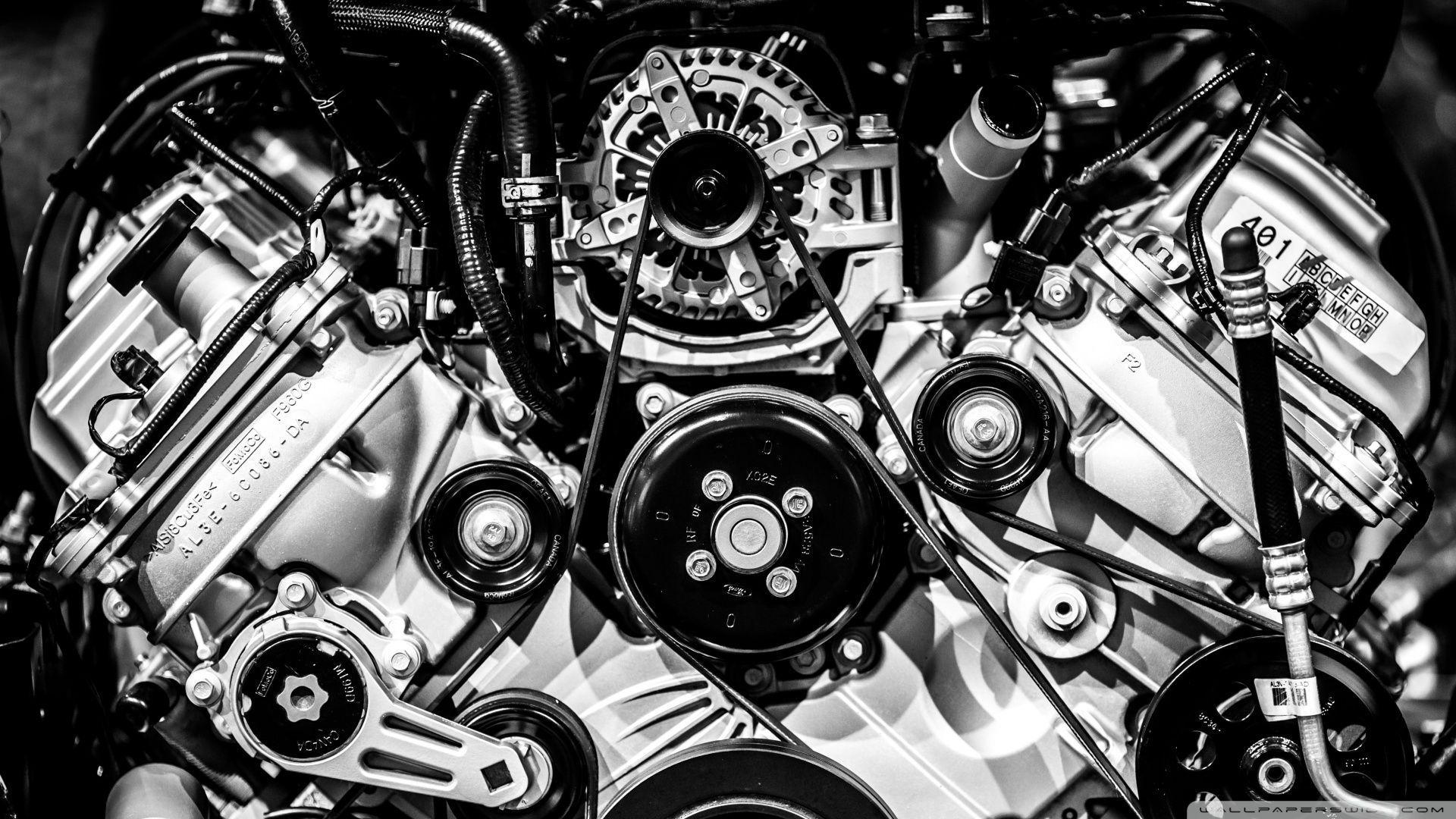This article explains the essential components of a vehicle’s electrical system and its functions. It outlines common electrical issues, such as a dead battery or a faulty alternator, and provides tips on how to diagnose and fix these problems. The article also discusses the importance of regular electrical system maintenance, including checking and cleaning battery terminals and replacing worn-out wires and fuses.
The electrical system is one of the most crucial components of a vehicle, responsible for powering many critical functions such as ignition, lighting, and entertainment systems. A typical car’s electrical system consists of three main components: the battery, the alternator, and the starter motor.
The battery is the heart of the electrical system, providing power to start the engine and run other electrical components even when the engine is off. Over time, the battery’s ability to hold a charge may diminish, resulting in difficulty starting the engine or a complete failure to start. Regular battery maintenance, such as checking the battery’s terminals for corrosion and ensuring the battery is holding a full charge, can prevent these issues from arising.
The alternator is responsible for recharging the battery and powering other electrical components while the engine is running. If the alternator fails, the battery will not charge, and the vehicle’s electrical system will begin to shut down. Signs of a failing alternator include dimming headlights, warning lights on the dashboard, and difficulty starting the engine. Regular alternator maintenance, such as checking the belt tension and cleaning the alternator terminals, can help prevent alternator failure.
The starter motor is responsible for cranking the engine to get it started. If the starter motor fails, the engine will not turn over, and the vehicle will not start. Signs of a failing starter motor include a grinding noise when starting the engine or no response when turning the ignition key. Regular starter motor maintenance, such as checking for loose or corroded connections, can prevent these issues from arising.
Other common electrical issues include blown fuses, worn-out wires, and faulty switches. These issues can result in malfunctioning electrical components such as headlights, turn signals, and power windows. Regular maintenance of these components, such as checking for loose connections and replacing worn-out wires and fuses, can prevent these issues from occurring.
In conclusion, a properly functioning electrical system is essential to a vehicle’s safety and performance. Regular electrical system maintenance, such as checking and cleaning battery terminals, replacing worn-out wires and fuses, and checking the tension and terminals of the alternator and starter motor, can prevent common electrical issues and extend the life of the vehicle’s electrical system.









